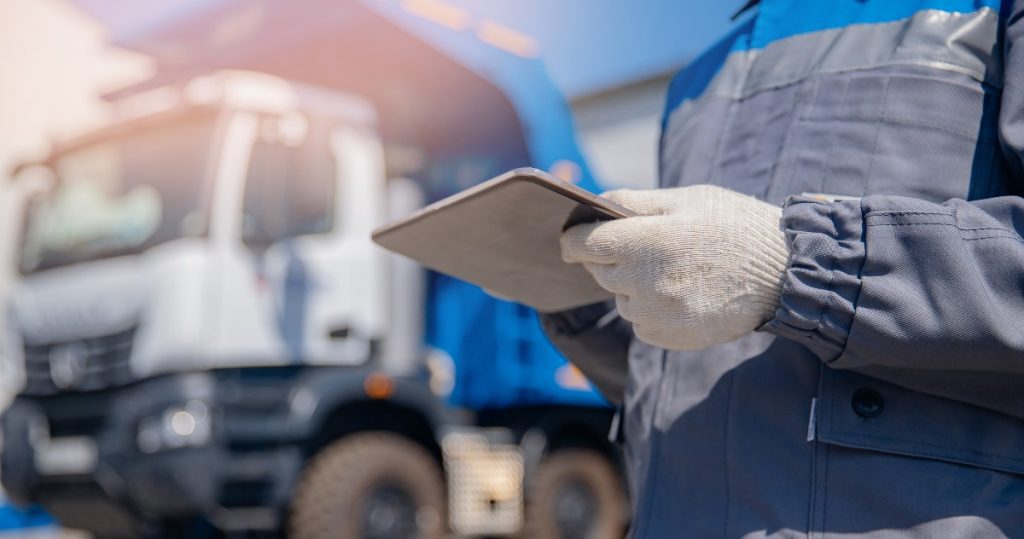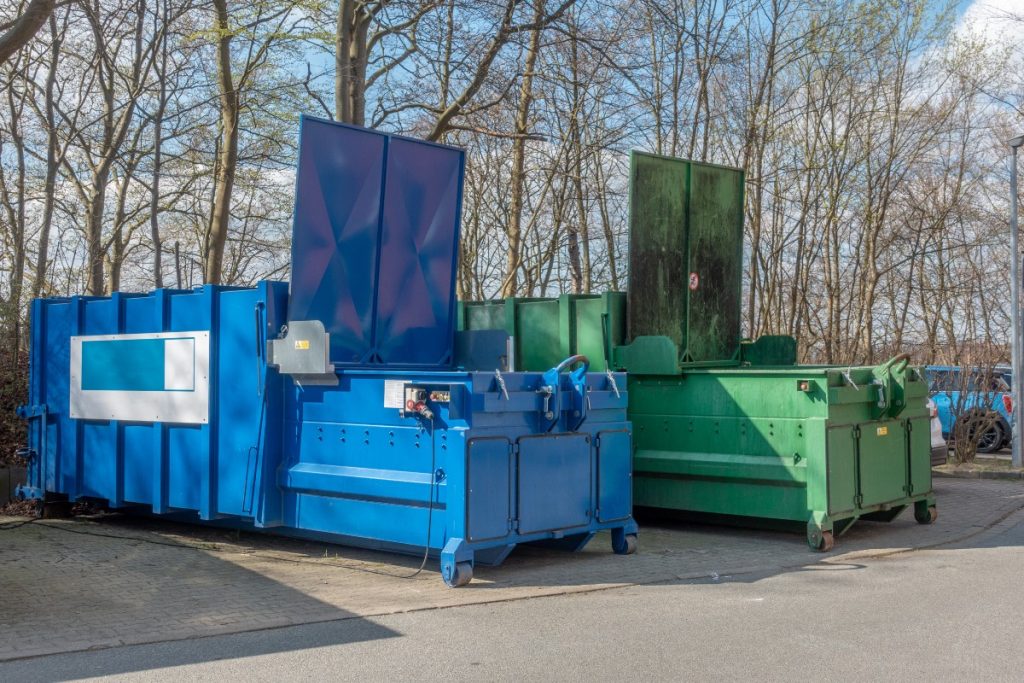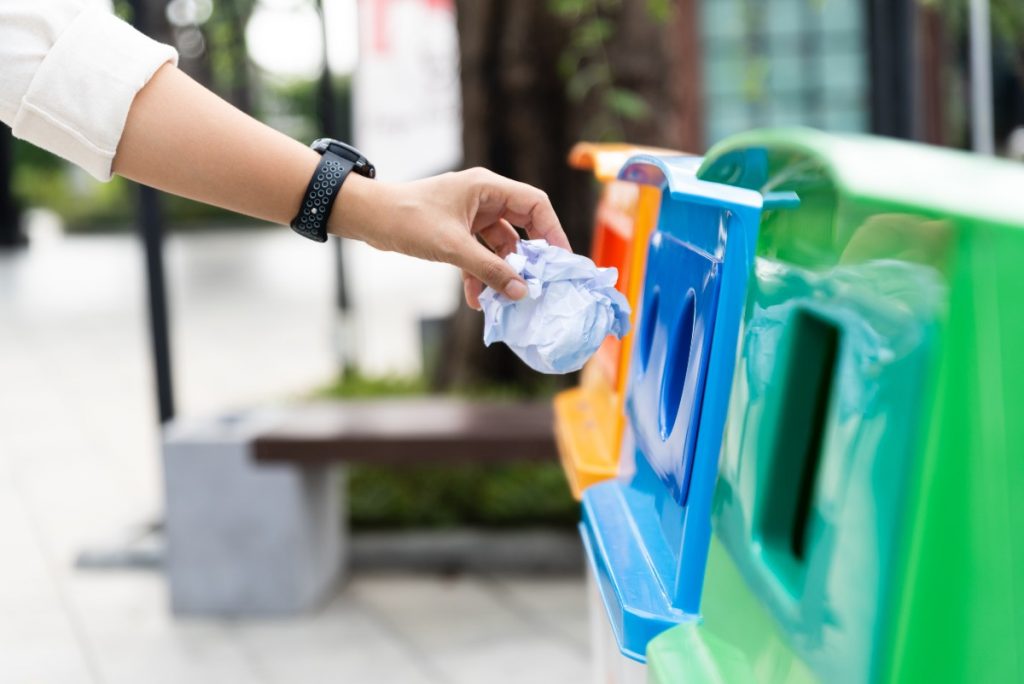Households generate a quantity of waste that is considered dangerous, since it puts people at risk in different ways. Being harmful, they require special care in the disposal process.
The Environmental Protection Agency in the United States, EPA, establishes that some leftover household products are dangerous because:
- are corrosive or toxic,
- they can catch fire, react or explode under certain circumstances.
What household waste is dangerous?
The EPA list includes:
- paintings,
- cleaners,
- oils,
- batteries
- and pesticides.
As you can see, they are commonly used items that are part of everyday life. And possibly there is no information about the damage they can cause in the home, but neither about what can happen when they are simply thrown in the trash.
To know if an item is dangerous, it is necessary to review the ingredients and warnings that are usually on the labels. It is common to see the word “flammable”, “dangerous”, “poison”, “harmful to health”, just to mention a few.
In those cases, he is not only saying that they are dangerous when inhaled or in contact with the skin, but that when they are thrown away they cannot be treated as common garbage.
How to treat household hazardous waste?
Controlling the use, storage, and disposal of household hazardous waste helps reduce associated risks.
What not to do with toxic waste in the home? The main rule is: DO NOT pour them down the drain, on the ground, in storm sewers or, in some cases, throw them with the normal garbage. The reason? They are capable of harming both people and the environment.
What you can do to reduce the risks of hazardous waste?
- Review and carefully follow the instructions for use and storage contained in the product labels.
- Investigate how to eliminate these products.
- Keep dangerous items out of the reach of children or pets.
- Keep the original containers without altering the labels.
- Call the fire department if you have corroded containers, as they require special handling.
- Do not mix dangerous products to avoid unknown reactions that become a threat to health or the environment.
- Obtain data from local companies for recycling or proper disposal of products such as motor oil.
- Remember that empty HHW containers can pose a hazard due to residual chemicals that may remain, so handle those carefully too.



